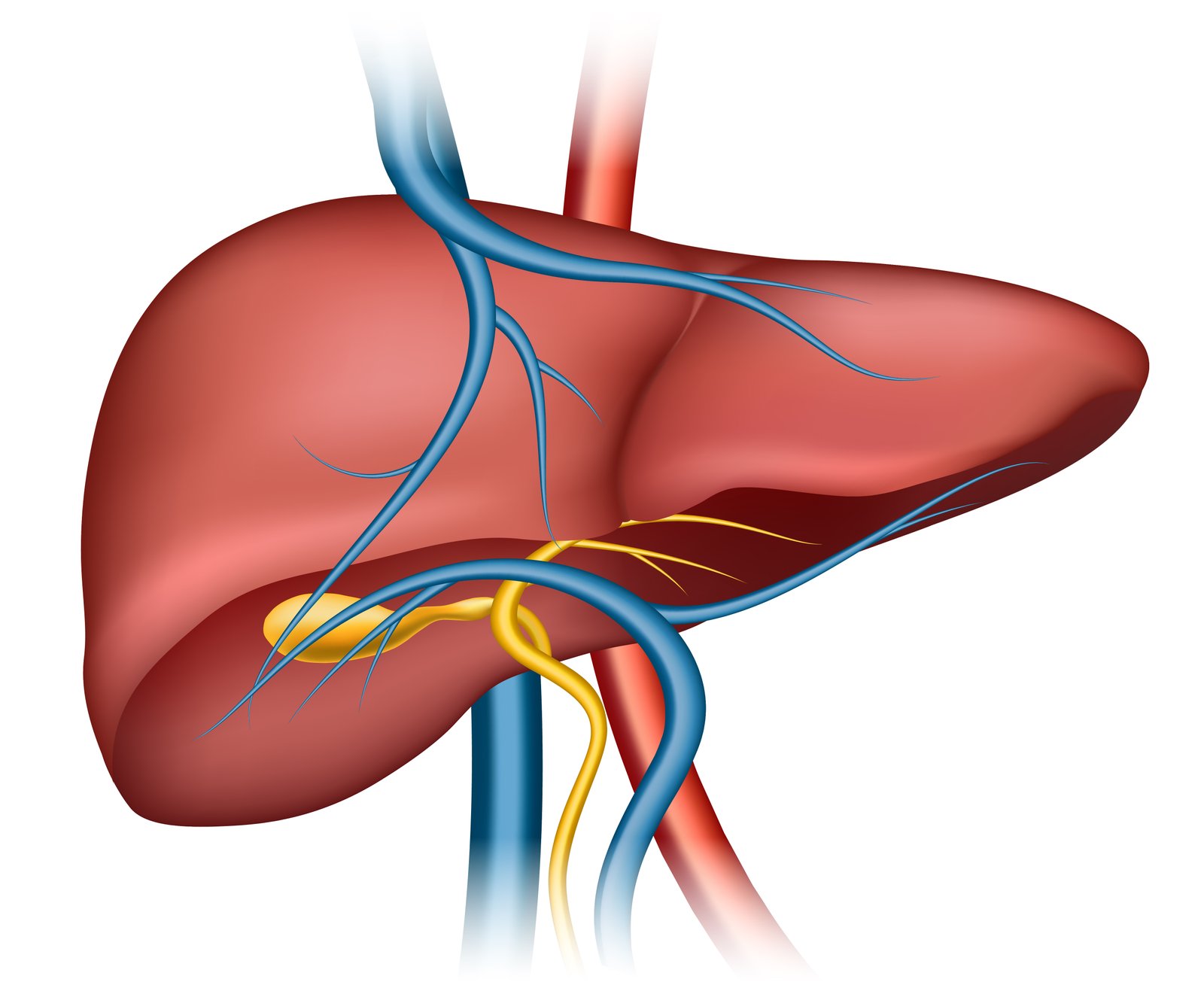Gallstone
Gallstones are hardened deposits that form in the gallbladder, a small organ located beneath the liver. These stones can vary in size, from as small as a grain of sand to as large as a golf ball. While some individuals with gallstones may not experience any symptoms, others can suffer from intense pain and complications. Understanding the causes, symptoms, and treatment options for gallstones is crucial for effective management and prevention.

Symptoms :
- Abdominal Pain : The most common symptom of gallstones is sudden and intense pain in the upper right abdomen, often radiating to the back and shoulder. This pain, known as biliary colic, can last from a few minutes to several hours and may occur after eating fatty foods.
- Nausea and Vomiting : Some individuals with gallstones may experience nausea and vomiting, especially during or after episodes of abdominal pain.
- Jaundice : If a gallstone obstructs the bile duct, it can lead to jaundice, a condition characterized by yellowing of the skin and eyes, dark urine, and pale stools.
- Fever and Chills : In cases where gallstones cause inflammation or infection of the gallbladder or bile ducts, individuals may develop a fever and experience chills.
- Indigestion and Gas : Gallstones can also cause indigestion, bloating, and gas, particularly after consuming fatty or greasy foods.
Treatment
Watchful Waiting :
If gallstones are small and asymptomatic, healthcare providers may recommend a wait-and-see approach, monitoring for any changes or symptoms.
Medications :
Certain medications, such as oral bile acid pills, may be prescribed to dissolve cholesterol gallstones. However, this treatment option is often slow and not suitable for everyone.
Surgery :
The most common and effective treatment for symptomatic gallstones is surgical removal of the gallbladder, a procedure known as cholecystectomy. This can be done through traditional open surgery or minimally invasive laparoscopic surgery.
ERCP :
In cases where gallstones have lodged in the bile ducts, an endoscopic procedure called endoscopic retrograde cholangiopancreatography (ERCP) may be performed to remove the stones.
